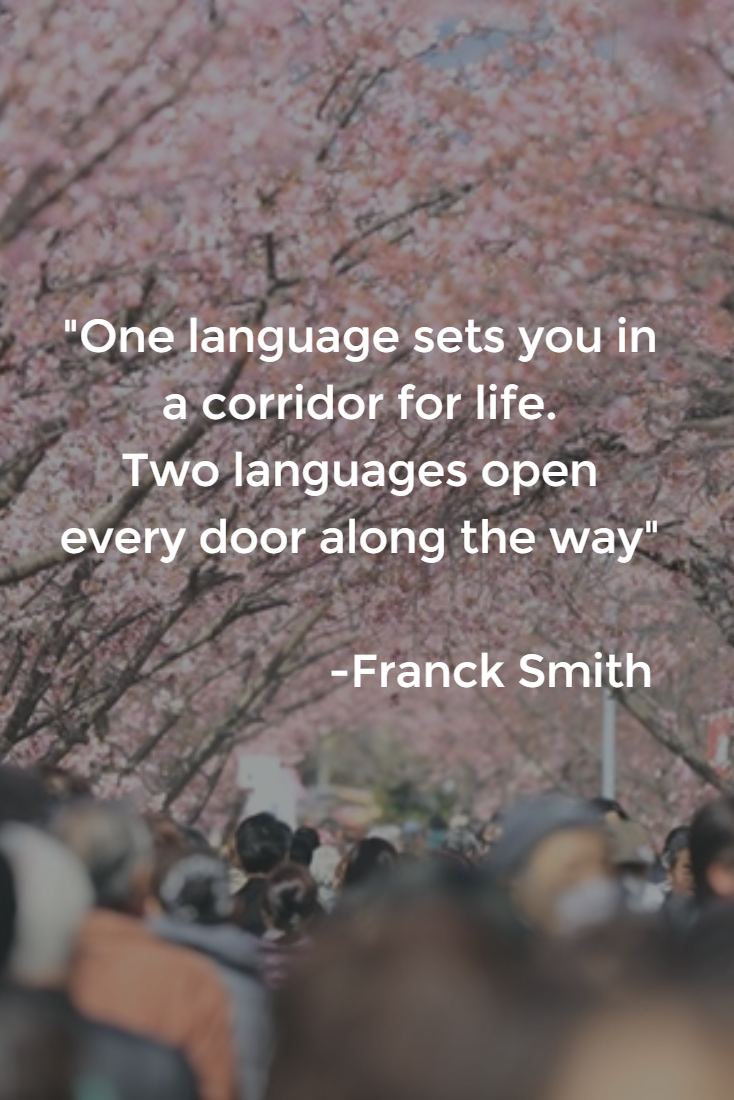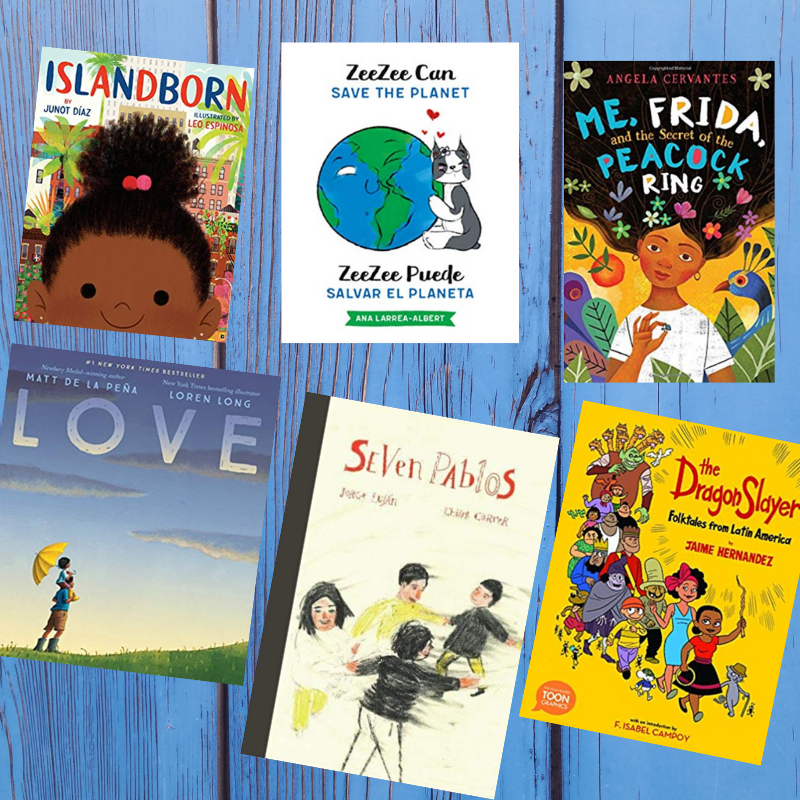One of the many responsibilities of working as an interpreter in a hospital setting is to be an advocate. Many times patients are unable to express themselves. Through questions, body language and understanding culture, interpreters become advocates.
Sometimes I have children serving as interpreters of their parents who don’t speak English. Bilingualism allows these kids to be a voice for the adults of their lives.
During one of my evening shifts in the Emergency room, I was called to see a woman in Front Desk who needed help immediately. The woman was in tears and scared when she told me that her seventy-year-old dad had suffered a car accident in Mexico.
Her dad was found unconscious in the streets of a small town. The woman didn’t know details of his dad’s situation because of the language barrier between herself and the Mexican hospital staff.
I agreed to make that call for her and find out the status of her dad. However, a few minutes after I started asking questions to the person on the end of the other line, I knew this woman’s dad was in a life and death situation. I didn’t know that because of what the person on the other line told me. It was the opposite…the person in the other line didn’t want to tell me much.
I researched on my phone about this town and I learned that it was by the “Triángulo Dorado,” a dangerous zone with difficult access known as the favorite place of the Mexican cartels to do business. I knew right then that the hospital didn’t have all the necessary equipment to help this man. I suspected that the car accident story was a lie.
Culture And Language
Culture and language are greatly intertwined and profoundly influences the way a particular social group sees the world. I imagined the Mexican staff were scared and felt threaten, so I changed my strategy of communication. After several minutes, we started hearing what really happened to this man and how the hospital couldn’t do much because of lack of access to technology and equipment.
Our first victory was when they agreed to move him to an intensive unit care, despite of not paying up front the cost for the care. The second victory was arranging transportation so he could go to a “bigger” hospital three hours away from the town and received urgent treatment needed for his diabetes and high blood pressure. The last victory was bringing home in a private charter flight.
I always have known that bilingualism brings many advantages. But I never imagined how much being bilingual will help me to serve, grow and become a voice for those who can’t speak for themselves. I never imagined that my bilingualism would save someone’s life.






